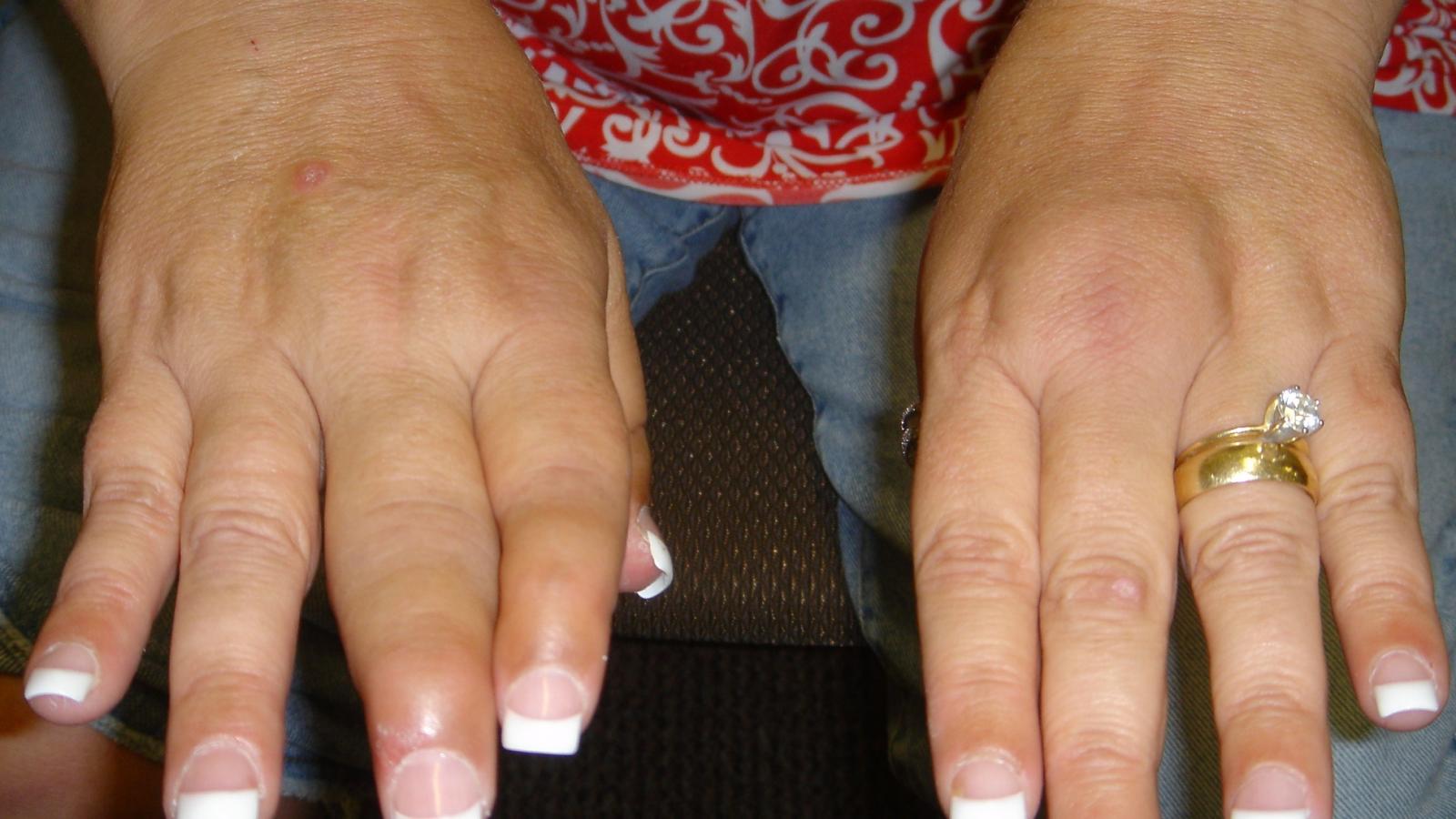Drug Safety
Drs. Jack Cush and Arthur Kavanaugh discuss highlights and key takeaways from ACR 23.
These year’s annual ACR Convergence has been a success with the return of an insanely active Poster Hall! F2F learning amidst miles of research and many young talented aside wizened establish presenters is such a welcome return to ACR, the way it should be.
The American College of Rheumatology guidelines for the diagnosis and management of interstitial lung disease, which includes rheumatoid arthritis interstitial lung disease (RA-ILD), has been one of the most controversial topics in the runup to ACR Convergence.
Over the years of navigating the annual meeting, I found the sessions with the most impact to my practice were the Plenary Sessions. During these sessions, the latest research is presented, new ideas are floated, and old myths debunked. Here are the top ACR2023 Plenary abstracts I found impactful for my practice.
The FDA recently announced approval for intravenous secukinumab (Cosentyx) for adults with psoriatic arthritis, ankylosing spondylitis, and non-radiographic spondylitis. Data for this new approval will be presented at ACR Convergence on November 14th by Dr. Atul Deodhar.
The RheumNow faculty reporters have been scouring the meeting for what they believe to be the best presentations from the first day at ACR 2023 in San Diego. From hundreds of online presentations, the poster floor and the plenary podium, here are some of the best abstracts from Sunday Nov. 12th. You can spot these on Twitter by looking for the (#ACRbest) hashtag.
Of the many exciting advancements for patients with psoriatic arthritis at ACR Convergence, one upcoming therapy stood out: the dual IL-17A/F inhibitor bimekizumab. Nearly two dozen bimekizumab abstracts will be featured at this year’s meeting and it recently received authorization in Europe and the U.S. for psoriasis. That makes this the year I plan to figure out where this drug will be useful for my patients with PsA.
For over 70 years, glucocorticoids, (GC) have been a part of standard therapy in SLE. They are classically used to not only induce remission or treat an acute flare, but also as maintenance therapy. They are a valuable 'friend' if used wisely, and can become a 'foe' if used excessively.
In a post hoc analysis of the phase 2 NOBILITY trial, researchers found that treatment with obinutuzumab—an antibody that targets a protein expressed on certain immune cells—was superior to placebo for preserving kidney function and preventing flares in patients with lupus nephritis, a kidney condition associated with the autoimmune disease lupus.
A study of nearly 80,000 US veterans who underwent primary knee joint arthroplasty (TKA) showed the incidence of prosthetic joint infection (PJI) was highest in the first 3 months and remained elevated through 12 months compared with 12 months or more after surgery. Gram-negative organisms were more prevalent in early vs delayed or late PJIs.
A prospective study of first line use anakinra in systemic juvenile idiopathic arthritis (sJIA) proved to be effective and without potentially allergic lung reactions.
Dr. Jack Cush reviews the news, journal reports and regulatory approvals from the past week on RheumNow.com.
Study of LATE-onset RA (>65y), shows DMARD initiation is low in LORA; despite current clinical practice guidelines recommending early aggressive Rx. Among 3,373 LORA pts (age77 yrs), only 29% initiated on a DMARD. https://bit.ly/47dT6x6
JAK inhibitors are known to increase the risk of herpes zoster infections between between 3-5 fold. Two recent reports suggest variable efficacy when JAK inhibitor (JAKi) treated patients are vaccinated with the recombinant herpes zoster subunit vaccine (RZV).
Safety risks found in a postmarketing trial with the Janus-associated kinase (JAK) inhibitor tofacitinib (Xeljanz) appear to have influenced prescribing patterns across the class for rheumatoid arthritis (RA) patients in the Veterans Affairs (VA) health system, researchers found.
A JAMA systematic review and meta-analysis has showed the use of JAK inhibitors (JAKi) in immune-mediated inflammatory skin diseases was not associated with increased risk of all-cause mortality, major adverse cardiovascular events (MACE), or venous thromboembolism (VTE) (compared to the placebo or active comparator cohorts).


























 Poster Hall
Poster Hall